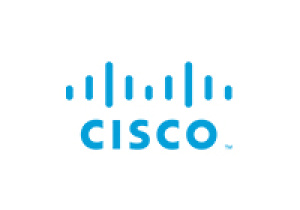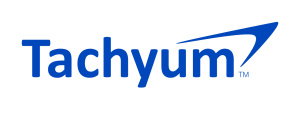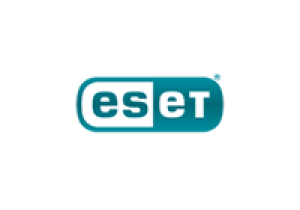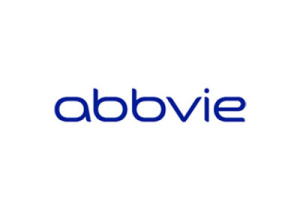Lenka Kmeťová
Lenka Kmeťová graduated from the Slovak University of Agriculture in Nitra, the Faculty of Economics and Management. After graduation she worked at the Department of Economics where on top of her teaching duties she was actively involved in EU Phare projects aimed at the marketing, sales and restructuring of the food processing industry. Through her working on said projects she acquired international experience as a project team leader, advisor and a trainer and she took part in a number of internships in Ireland, the Netherlands and Denmark. She further extended her professional training in the field of international marketing, enterprise development, selling, marketing information systems, export marketing planning and financing, etc. by participating in a two-year EU education programme led by WIFI Österreich and euro solutions. In 2002 she established her own company TOP Events focusing on organising professional events with participation of world’s leading personalities, preparation of client projects (e.g. virtual library project) and lobbying. In 2008 she took the senior marketing manager position in Ardaco – a company producing globally patented software technologies for secure mobile communication and paper and electronic document management systems. As of February 2009 she has been working for a Catalan company Scytl Secure Electronic Voting, a global leader in the field of secure electoral modernization, where she is responsible for business development in the Central and Eastern Europe.
Sign in to Autumn ITAPA 2024
-
Electronic Voting – New Challenge of eDemocracy
eDemocracy may be the 21st century’s most seductive idea. New technologies uniting to overcome distance and time, bringing participation, deliberation, and choice to citizens at the time and place of their choosing. eDemocracy returns the political agenda to citizens. It seems to be more than a tool of efficiency, customer service or good public relations of politicians – it could help create a refreshed public space and a more accountable democracy. The corner stone of all democracies are independent electoral processes. An increasing number of advanced democracies as well as transitional democratic states are introducing new technologies to electoral processes. Electoral modernization (e-voting, Internet voting) in combination with other eDemocracy solutions have a big impact on electoral management bodies and the way they manage elections in terms of time, material, financial and human resources as well as other additional benefits beyond enfranchisement. Indeed, electronic voting is regarded by many governments as the next natural step in the evolution of electoral modernization. Electronic voting offers many advantages over the conventional paper-based electoral systems, including greater speed and accuracy in the counting process, prevention of involuntary voting errors, better accessibility for people with disabilities, lower costs, support of multiple languages, flexibility, etc. Currently, e-voting is the system used more than ever and is considered the most transparent, secure and trustworthy by the governments and citizens. What is the most important assumption of an electoral modernization? How can Internet voting influence the citizens right to vote? What are the key factors of successful implementation of an electronic, particularly Internet voting? What are experiences of e-voting and Internet voting worldwide? -
eID centric approach for building eServices and electoral process modernization
Nowadays there are a lot of projects aimed at the computerization of public administration being implemented in the developed countries around the world with varying intensity and success. Also Slovakia is gradually preparing eGovernment implementation thus starting development of eServices.Is it necessary to build eServices using electronic identification card? Is the use of eID as a mean for qualified electronic signature a sole benefit while building eGovernment? What other specific benefits brings the use of eID to the implementation of eServices? What are the prerequisites for successful eID centric approach for building eServices?Within this context it is not proper to narrow down the view of the eServices only to services of public administration. Conversely, it is appropriate to look at them through the wide-angle optics and to see them also as services provided to citizens by business entities. Also these service providers can evenly successfully exploit the opportunities offered by the introduction of eID while implementing the eServices.The level of direct democracy - interaction with citizens is considered as one of main features that prove development of a country. Slovakia is going to implement eServices in the field of citizen rights guaranteed by the Constitution. The right to vote represents the opportunity for a citizen to influence the future of his country as well as his private life. The future of eGovernment is electoral modernization at all levels.eID implementation can become one of significant steps, which is able to support trust, effectivity and security of e-voting. The most important assumptions of e-voting success are authentication of voters, anonymity and restraint of multi-voting. What is the role of eID? What are experiences of eID utilization in e-voting abroad?





















